16 GPTs for B2B Marketing Powered by AI for Free of 2026
AI GPTs for B2B Marketing refer to the application of Generative Pre-trained Transformers in the field of business-to-business marketing. These tools leverage advanced natural language processing capabilities to understand and generate human-like text, tailored for B2B marketing tasks. They can automate content creation, provide customer support, analyze market trends, and personalize marketing strategies, making them indispensable for businesses looking to enhance their marketing efforts with AI technology.
Top 10 GPTs for B2B Marketing are: Google Ads Pro,AdWords Smith,Sales Email Composer,Dellwa SEO文章創作助手,Airfleet's Tech B2B Sitemap Architect,PipeIQ Lead Finder,Email Maestro,Abby,Digital Bern,CAN-SPAM Compliant Cold Email Writer
Google Ads Pro
AI-driven Google Ads campaign optimizer

AdWords Smith
Elevate Your Ads with AI-Powered Creativity
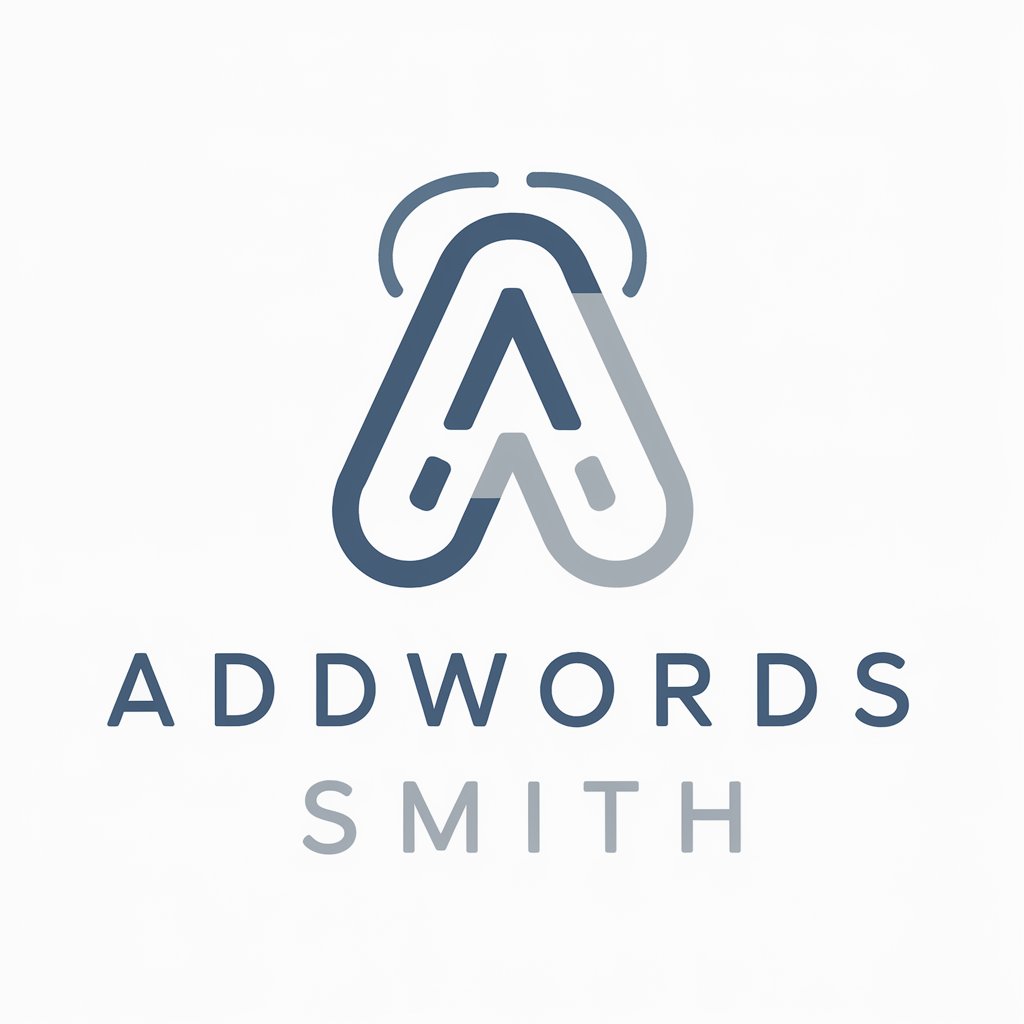
Sales Email Composer
Empower Your Sales with AI-Driven Emails

Dellwa SEO文章創作助手
Power Your Content with AI

Airfleet's Tech B2B Sitemap Architect
Crafting AI-Powered B2B Digital Landscapes

PipeIQ Lead Finder
AI-driven precision in lead discovery
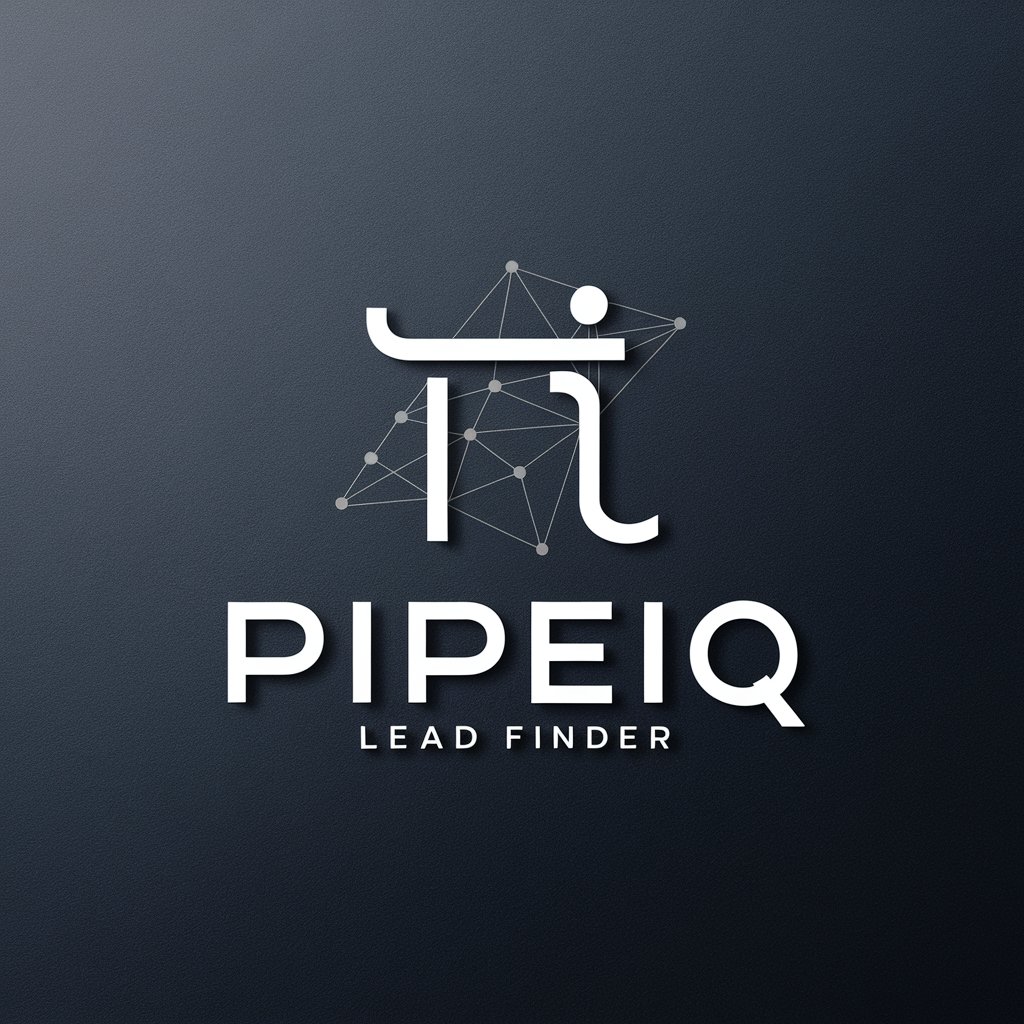
Email Maestro
Empowering Your Emails with AI
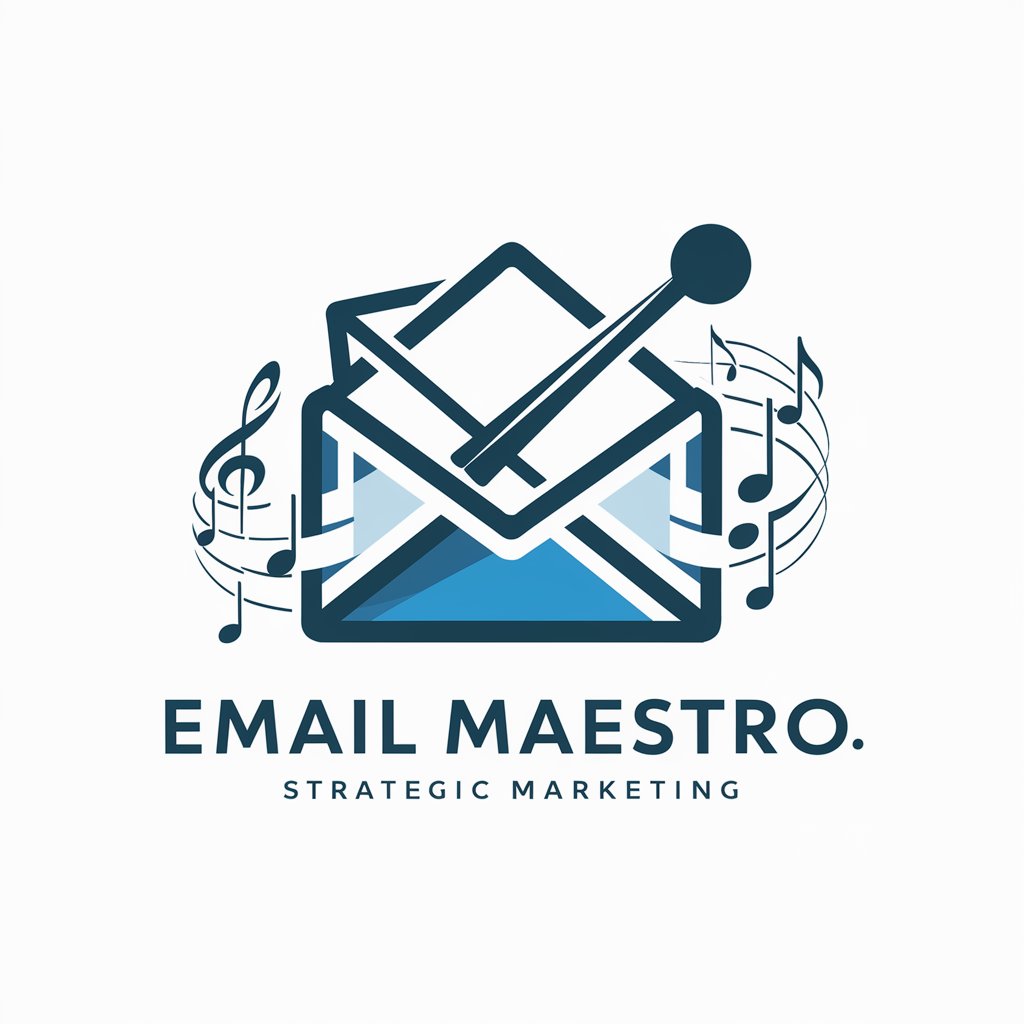
Abby
Empower Your Content with AI
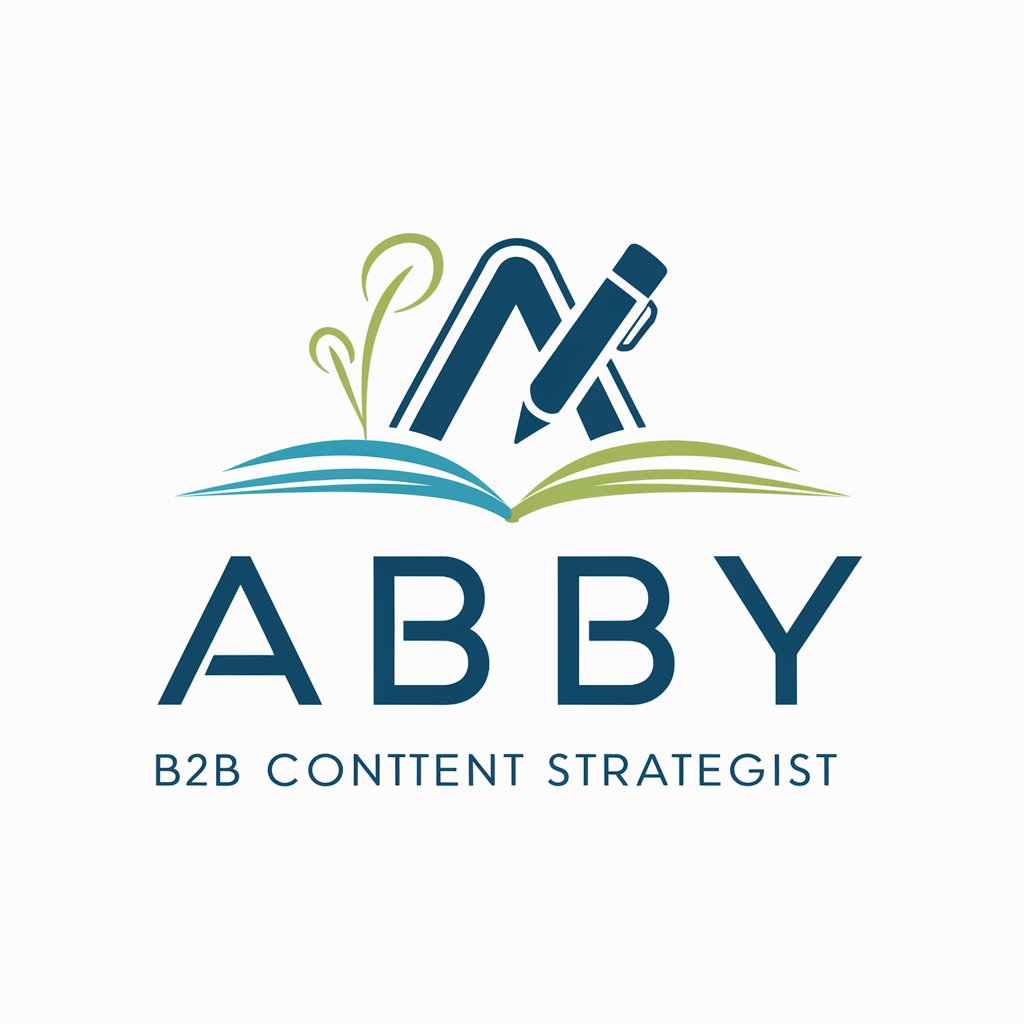
Digital Bern
Empowering Your Advertising with AI Creativity

CAN-SPAM Compliant Cold Email Writer
Craft Compliant Emails with AI Power
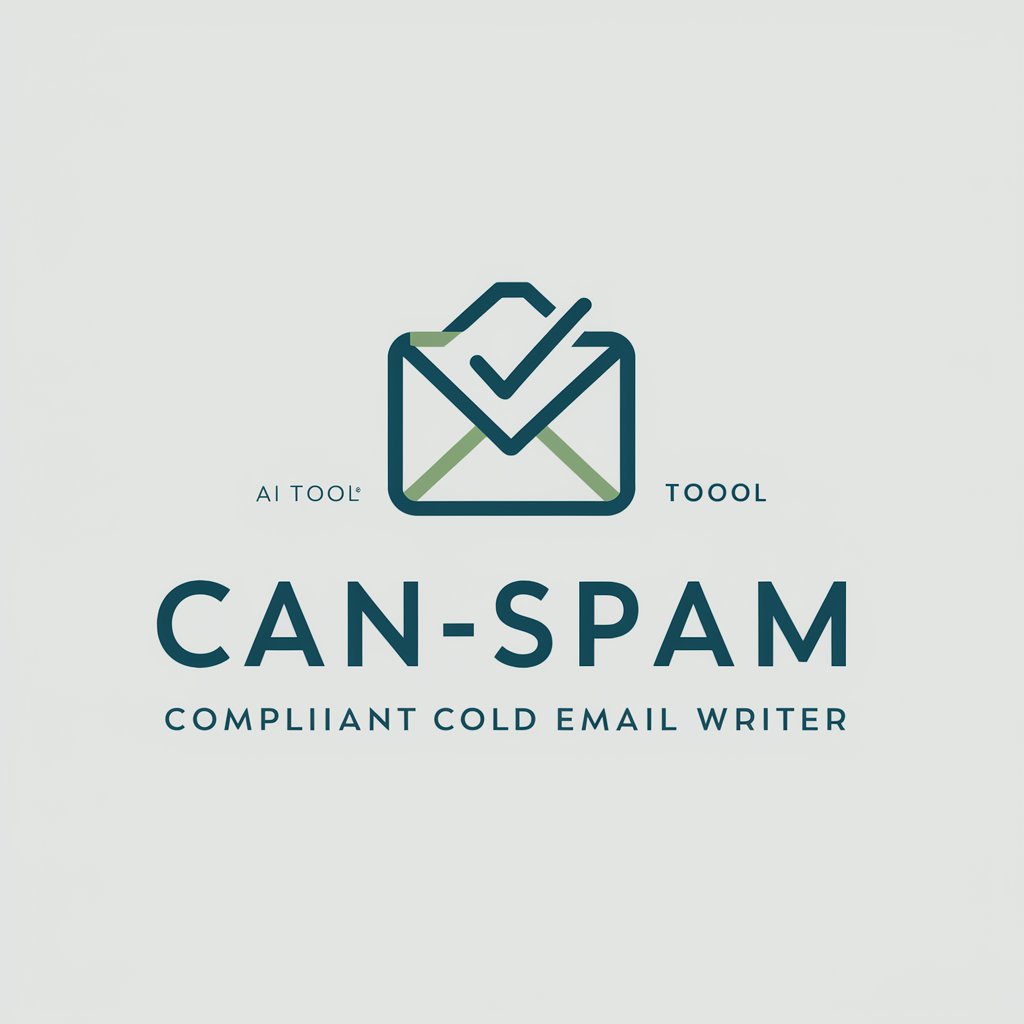
Social Manager Keycense
Empower B2B Engagement with AI
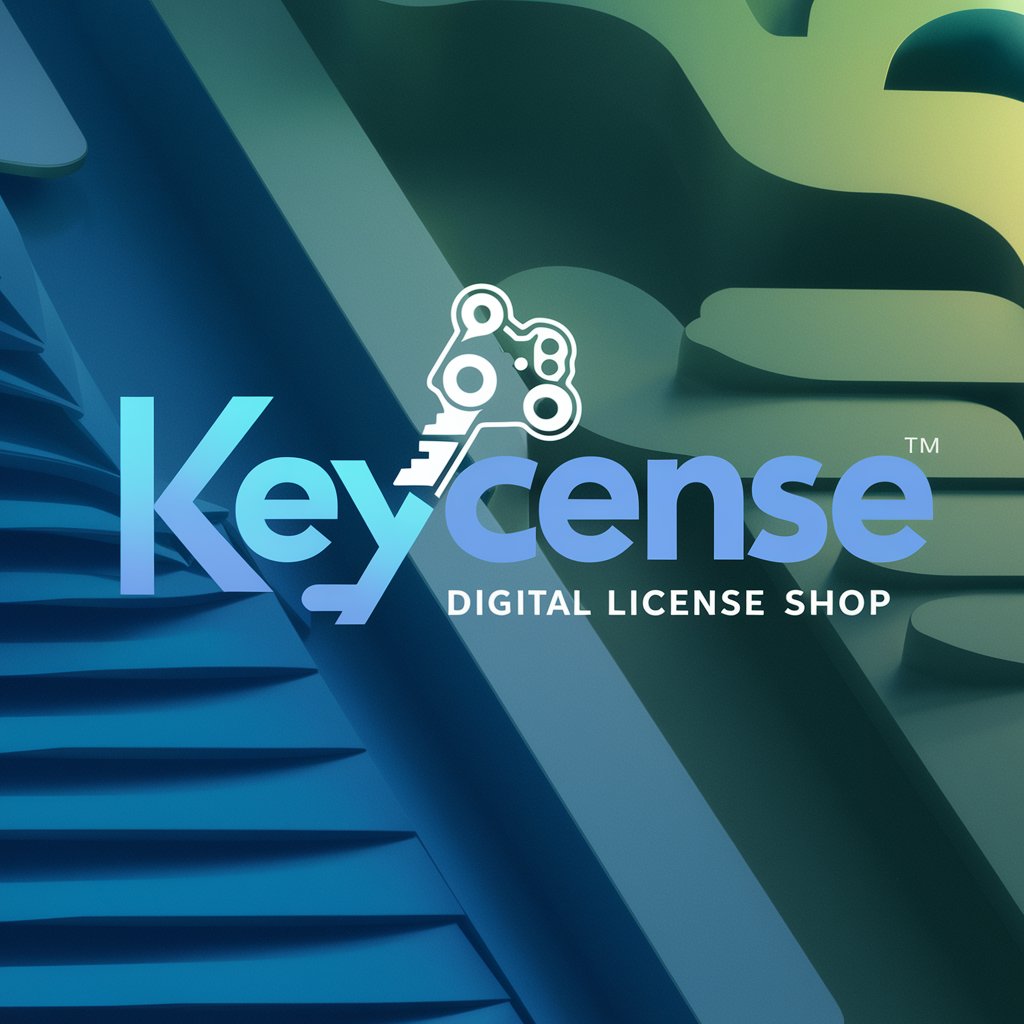
BDRGPT
AI-powered Executive Outreach Made Simple

Clout Selling Aaron Fletcher 27 Actions
Empower your sales with AI-driven clout.

Worksible Social Media Wizard
Elevate Your Social Media with AI

Marketing-Expert
Empowering Your Marketing with AI

UPPBIO 文案
Craft Compelling B2B Content Effortlessly

Key Characteristics & Capabilities of AI GPTs in B2B Marketing
AI GPTs for B2B Marketing boast unique features such as advanced content generation, personalized communication, market analysis, and predictive modeling. These tools adapt from generating basic promotional texts to creating complex market trend reports. Special features include multilingual support, integration with technical platforms, enhanced web search for data-driven insights, and the ability to create visually compelling content through image generation. Their adaptability ensures they meet a wide range of B2B marketing needs.
Who Benefits from B2B Marketing AI GPTs?
AI GPTs for B2B Marketing are designed for a broad audience, including marketing novices, seasoned marketers, and software developers within the B2B sector. These tools are accessible to users without programming skills, thanks to user-friendly interfaces, while also offering extensive customization options for those with technical expertise. This makes them suitable for businesses of all sizes seeking to leverage AI for marketing.
Try Our other AI GPTs tools for Free
Greeting Cards
Discover the transformative power of AI GPTs for Greeting Cards, where personalized messages meet creativity for unforgettable greetings.
Printable Designs
Explore AI GPTs for Printable Designs, the innovative AI solutions transforming printable design creation, customization, and optimization. Perfect for designers and novices alike.
Pizza Design
Explore the cutting-edge of culinary innovation with AI GPTs for Pizza Design. Tailor unique recipes, visualize creations, and refine your culinary skills, all with the power of AI.
Review Simulation
Discover how AI GPTs for Review Simulation revolutionize feedback analysis, offering deep insights into customer satisfaction and product quality with advanced natural language processing.
Institutional Guidance
Explore AI GPTs for Institutional Guidance: transformative tools designed to streamline operations and decision-making in institutional settings through advanced AI technology.
Singing Motivation
Discover AI-powered GPTs designed for singing motivation, offering personalized feedback, exercises, and motivational content to elevate your singing journey.
Expanding the Horizons with AI GPTs in B2B Marketing
AI GPTs offer customized solutions across various sectors, enabling businesses to harness the power of AI for more effective and efficient marketing strategies. Their user-friendly interfaces and integration capabilities make them highly adaptable to existing workflows, providing significant advantages in content creation, customer engagement, and strategic planning.
Frequently Asked Questions
What exactly are AI GPTs for B2B Marketing?
AI GPTs for B2B Marketing are artificial intelligence tools designed to perform and automate tasks specific to business-to-business marketing, such as content creation, customer interaction, and market analysis using natural language processing.
How can AI GPTs enhance B2B marketing strategies?
They improve efficiency and effectiveness in content generation, customer engagement, data analysis, and personalization of marketing efforts, leading to more targeted and successful marketing campaigns.
Do I need programming skills to use AI GPTs for B2B Marketing?
No, many AI GPT tools are designed with user-friendly interfaces that require no coding knowledge, making them accessible to marketers without technical backgrounds.
Can AI GPTs create content in multiple languages?
Yes, many AI GPT tools offer multilingual support, enabling the creation of content in various languages to meet diverse market needs.
How do AI GPTs adapt to specific B2B marketing needs?
AI GPTs can be customized and trained on specific data sets or industry knowledge to generate highly relevant and tailored content or insights for B2B marketing.
Can AI GPTs integrate with my existing marketing tools?
Yes, many AI GPTs offer API integrations that allow them to seamlessly connect with existing marketing platforms and tools, enhancing their functionality.
Are AI GPTs capable of predictive market analysis?
Yes, by analyzing trends and data, AI GPTs can make predictions about market behavior, helping businesses to anticipate market changes and adjust strategies accordingly.
How secure are AI GPTs when handling sensitive B2B marketing data?
AI GPTs are designed with security measures to protect sensitive data. However, it's important to choose reputable providers and ensure compliance with data protection regulations.